
However, for the plastic part and mould designers, general-purpose PLM systems might not be satisfactory enough. The reason is that they cannot fully cooperate with the time-demanding yet complicated plastics mould development process, and it is usually too costly for small and medium-sized enterprises to adopt.
Plastics mould making has its unique design and manufacturing process. Frequent design changes and short delivery time make the situation even more challenging. Also, due to the high entry barriers of this industry, knowledge and skill gaps tend to occur. Under these circumstances, the preservation and inheritance of design experiences are extremely critical for enterprises today.
PLM focuses on managing the overall product lifecycle. It does not provide comprehensive features to bring design and engineering data together. The industry needs a platform to help acquire design and moulding knowledge, and organise them in readable, searchable, and visualisable formats for future utilisation. However, useful tools for tracing the design-optimisation process, instant sharing and visualisation of simulation results, comparing mould tryout and quality inspection data are missing in most PLM systems.
This story is from the December 2021 edition of International Plastics News for Asia.
Start your 7-day Magzter GOLD free trial to access thousands of curated premium stories, and 9,000+ magazines and newspapers.
Already a subscriber ? Sign In
This story is from the December 2021 edition of International Plastics News for Asia.
Start your 7-day Magzter GOLD free trial to access thousands of curated premium stories, and 9,000+ magazines and newspapers.
Already a subscriber? Sign In
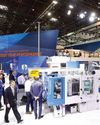
Industry innovations aimed towards a greener future
Sustainability and circular economy, energy saving technologies, high-performance materials with enhanced properties, and cost-efficient production processes are expected to dominate the plastics industry in 2022 and beyond.
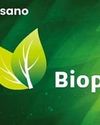
Special extrusion lines for bioplastic compounds
The biodegradable and compostable plastics sector is growing steadily, and this is partly due to the fact that several measures have been taken, especially in the EU, to cut down on single-use plastics.
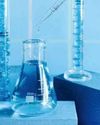
Plastics revolutionise medical device production
The coronavirus pandemic has brought into focus the urgent need for medical supplies – which included medical disposables, medical devices, laboratory equipment, and many others.

Spinning and recycling go together in a single step
As a medium-sized German machine construction business, BB Engineering has been manufacturing components and systems for synthetic fibre and film production for more than 20 years.
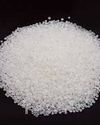
Advanced high-performance light stabilisers
A range of high-performance light stabilisers with enhanced properties are now being made available.
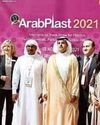
ArabPlast holds successful edition
The 15th Edition of ArabPlast was held on 15-18November 2021 at the Dubai World Trade Centre, Dubai, U.A.E. Spanning over 28 years, ArabPlast is an exclusive event for plastics, petrochemicals, packaging and rubber industry, and serves as an attractive platform where global industry players show off their products to the Middle East market.
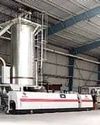
Food-grade plastics recycling facility installed in India
The well-established Indian recycler commissioned a PET bottle-to-bottle and a post-consumer polyolefin recycling line from Starlinger in mid-September.

How to bring down downtime in manufacturing
For most of us, the word downtime conjures images of relaxation.

Optimistic forecast for blow moulded plastics market
Growing demand from key applications is a key factor in the projected growth of the blow moulding sector.
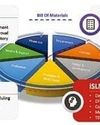
The benefits of dedicated system for mould development
When it comes to useful tools that can enhance teamwork efficiency, we usually think of the Product Lifecycle Management (PLM) systems.